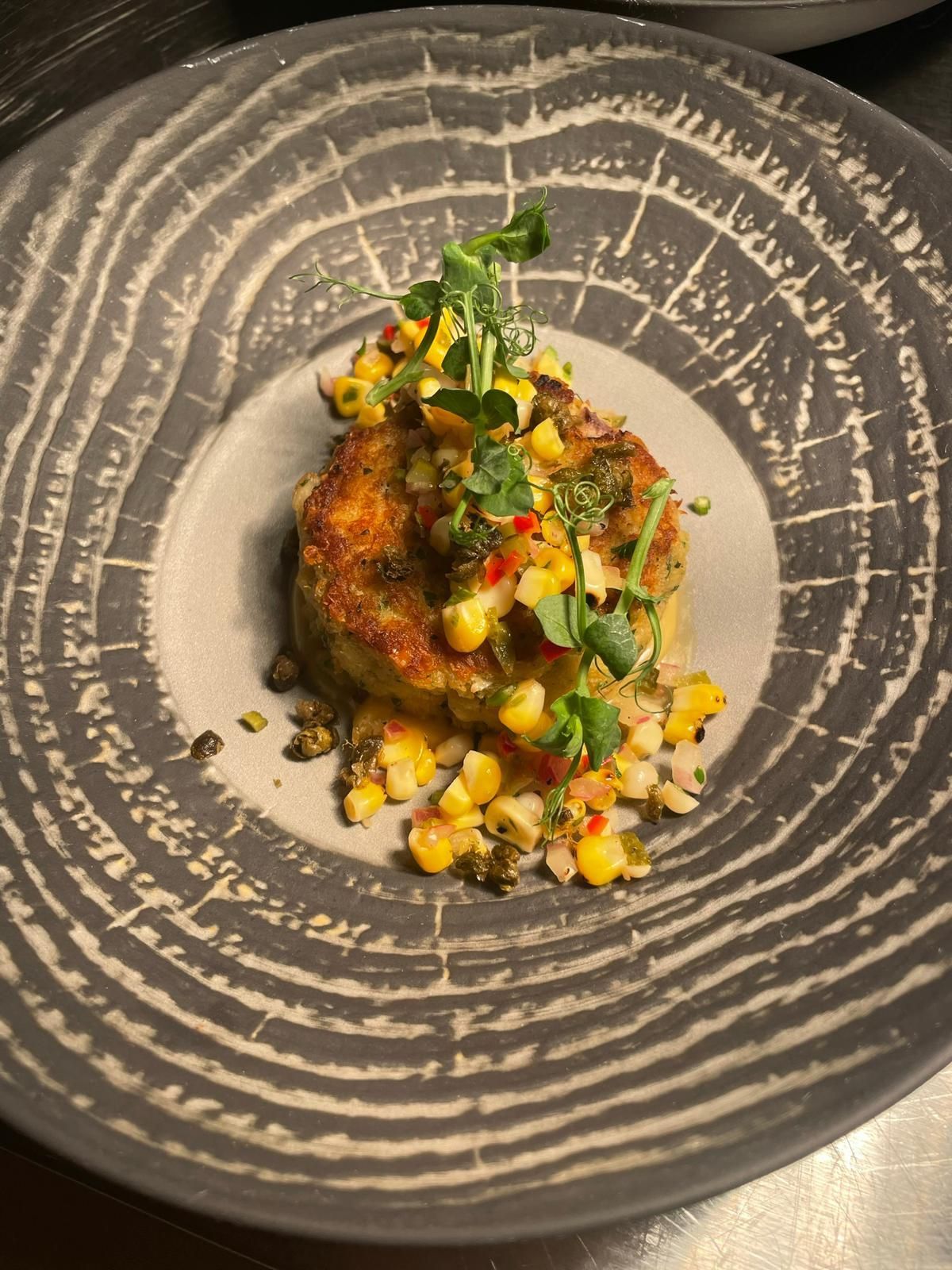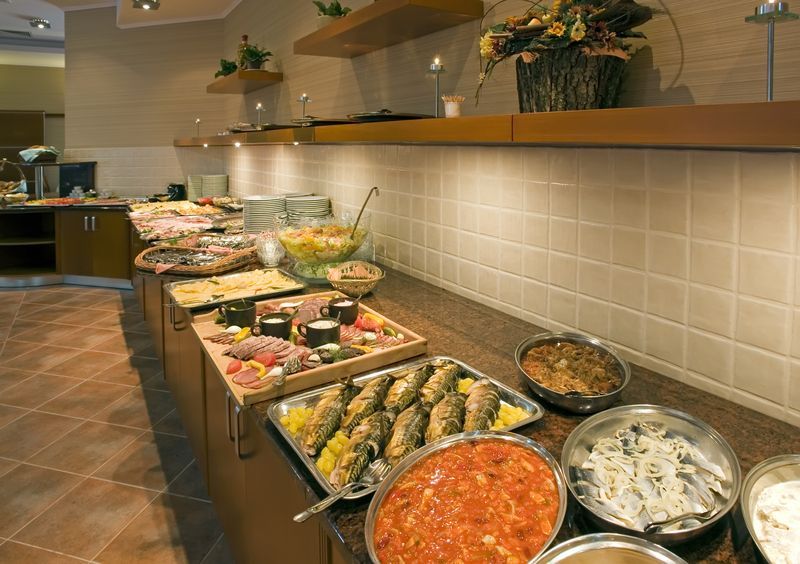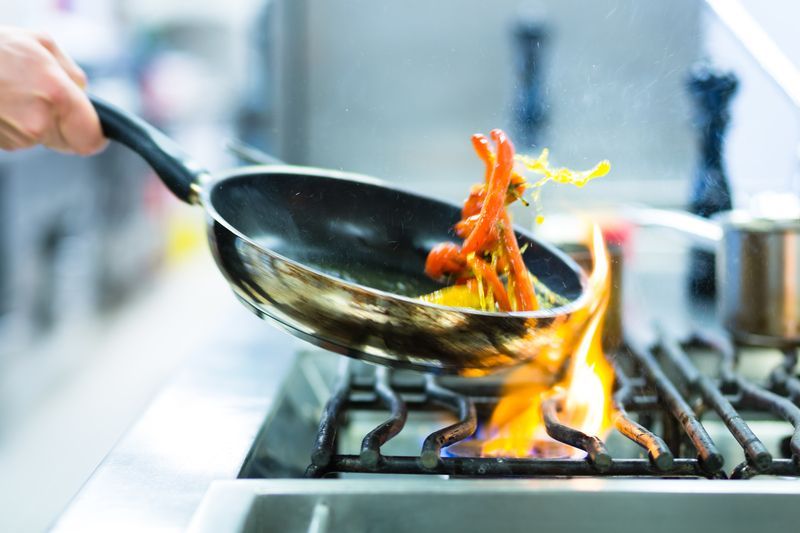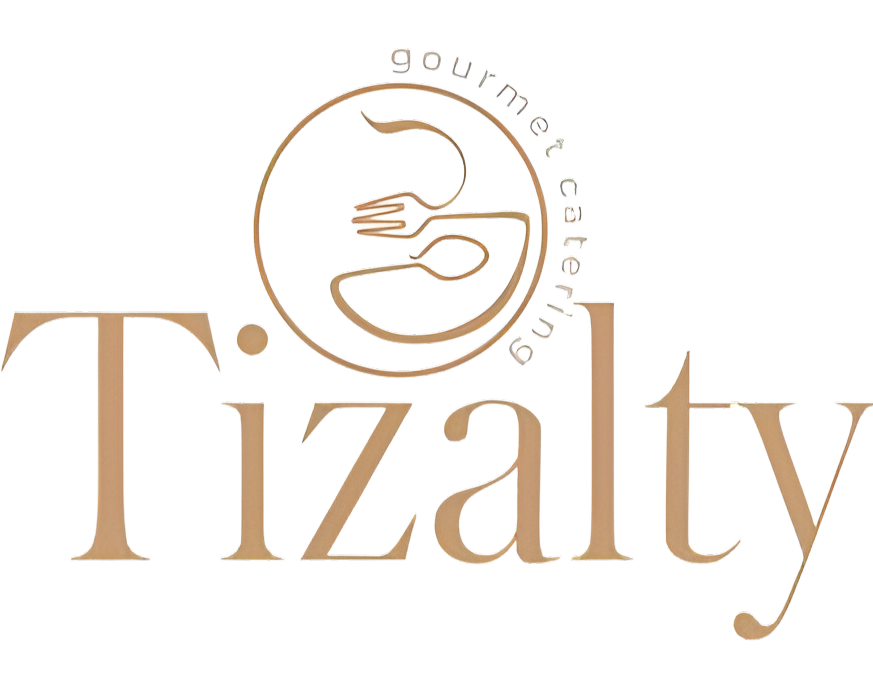Mastering Inclusive Catering: A Guide to Dietary Restrictions
Catering events successfully requires more than just a selection of delicious dishes; it demands an awareness and accommodation of the diverse dietary needs of guests. Today, an increasing number of individuals adhere to specific dietary restrictions, whether due to allergies, health conditions, or personal choices. Understanding these needs and planning menus accordingly is crucial for providing a safe and inclusive dining experience. We will explore the common dietary restrictions such as gluten-free, dairy-free, and nut-free diets, and offer strategies for effective communication with guests to ensure that everyone enjoys the event without health risks.
Understanding Common Dietary Restrictions
An essential aspect of inclusive catering involves recognizing the various dietary restrictions your guests might have. Here’s an overview of some common dietary concerns:
Gluten-Free Diet
This diet excludes gluten, a protein found in wheat, barley, rye, and triticale. Gluten can trigger health problems like celiac disease and gluten sensitivity. Offering gluten-free options involves more than eliminating obvious sources like bread or pasta; it requires vigilance against cross-contamination and an understanding of hidden gluten sources in sauces and condiments.
Dairy-Free Diet
Avoiding dairy is necessary for individuals with lactose intolerance or dairy allergies, and for those who choose vegan lifestyles. Dairy-free catering must avoid all products derived from milk, including butter, cheese, yogurt, and cream, as well as foods containing hidden dairy ingredients.
Nut-Free Diet
Given the severity of nut allergies for many individuals, providing nut-free options is vital. This extends beyond simply not including nuts in the recipes to ensuring that there is no cross-contamination during food preparation.
Menu Planning with Allergies and Restrictions in Mind
Designing a menu that accommodates all guests' dietary needs without compromising on taste or variety can seem challenging but is achievable with careful planning and creativity.
Ingredient Substitutions
Successful inclusive catering relies on smart substitutions to traditional ingredients. For instance, almond milk or oat milk can replace cow's milk, and gluten-free flour blends are excellent alternatives for standard flour. Finding replacements often means looking to international cuisines that naturally embrace these ingredients, such as Asian or Mediterranean diets.
Diverse Menu Options
Instead of creating separate dishes for guests with restrictions, consider designing dishes that naturally cater to various needs. Dishes based on rice, vegetables, and lean proteins can often be made to suit vegan, gluten-free, and nut-free diets simultaneously, simplifying kitchen operations and reducing the risk of errors.
Effective Communication with Guests
Accurately catering to dietary restrictions starts with effective communication long before the event day. Ensuring guests' health and satisfaction requires gathering detailed information about their needs.
Pre-Event Queries
Include questions about dietary restrictions in RSVPs or event registrations. Provide multiple channels for guests to communicate their needs, such as through email, phone, or a dedicated section on the event website.
Clear Labelling at the Event
During the event, clearly label all dishes with detailed information about the ingredients. This can prevent accidental exposure to allergens and helps guests make informed choices about what they can safely eat.
Staff Training
Ensure that all catering staff are well-informed about the menu and the importance of handling food safely to avoid cross-contamination. They should be prepared to answer guests' questions about the food served.
Handling Cross-Contamination
One of the biggest challenges in catering to guests with dietary restrictions is avoiding cross-contamination.
Dedicated Preparation Areas
Where possible, use separate preparation areas and utensils for cooking meals for guests with dietary restrictions. This practice is essential in avoiding trace contact with allergens.
Regular Kitchen Audits
Conduct regular audits of kitchen practices and staff training sessions to ensure compliance with dietary safety standards and to refresh knowledge on proper food handling techniques.
Innovation in Inclusive Catering
Embracing inclusive catering not only meets the essential needs of guests with dietary restrictions but also enhances the overall culinary experience for all attendees by introducing them to diverse, creative dishes.
Experiment with New Recipes
Use inclusive catering as an opportunity to explore new recipes and ingredients. Many alternatives like quinoa, lentils, and tapioca are not only safe for most restrictive diets but also add unique flavors and textures to the menu.
Collaborate with Diet Specialists
Consider consulting nutritionists or dietitians when planning menus to ensure that they are not only safe but also nutritious and balanced for guests with specific dietary needs.
Catering that accommodates dietary restrictions is about respect, attention to detail, and caring for the well-being of all guests. By understanding the common dietary needs and implementing meticulous planning and clear communication, caterers can ensure a safe, enjoyable, and inclusive dining experience that elevates the event and leaves a lasting positive impression among all attendees. Whether through exploring new culinary territories or perfecting the art of alternative cooking, the future of catering lies in its ability to adapt and inclusively serve a diverse clientele.
Ready to experience catering that gracefully accommodates every guest’s dietary needs? We specialize in crafting menus that everyone can enjoy, ensuring a worry-free dining experience that doesn't compromise on taste or variety. Contact us today to discover how we can make your next event effortlessly inclusive and extraordinarily delicious. Let us take care of the details, so you can focus on enjoying your special occasion.







